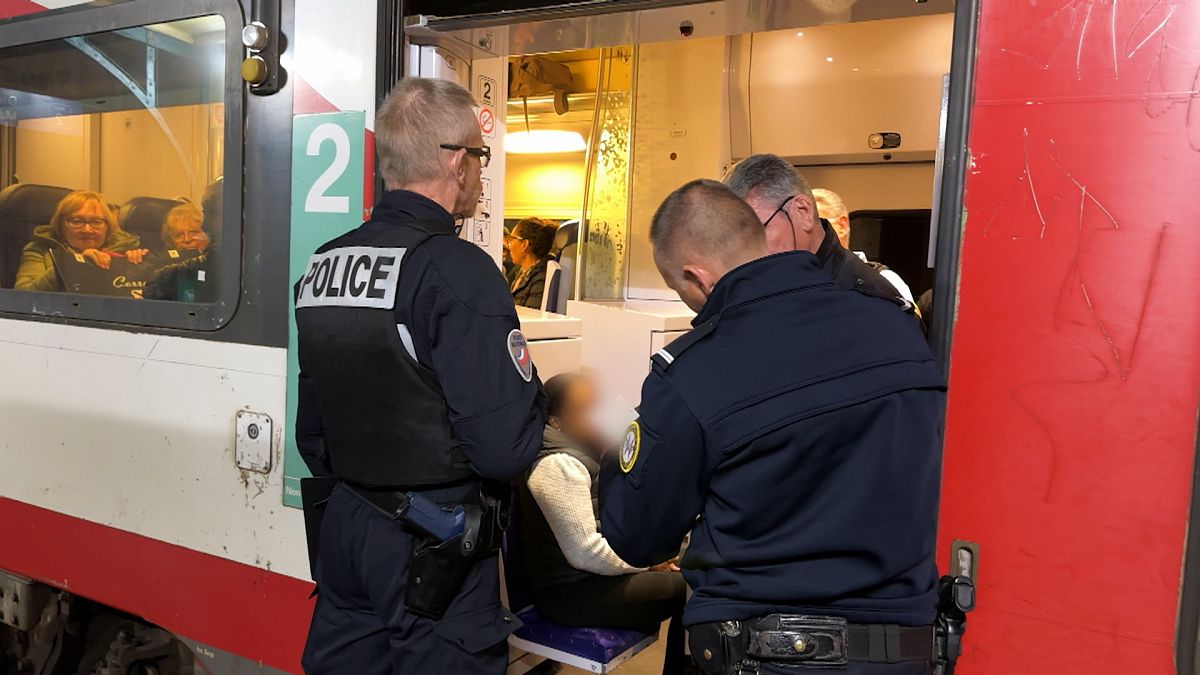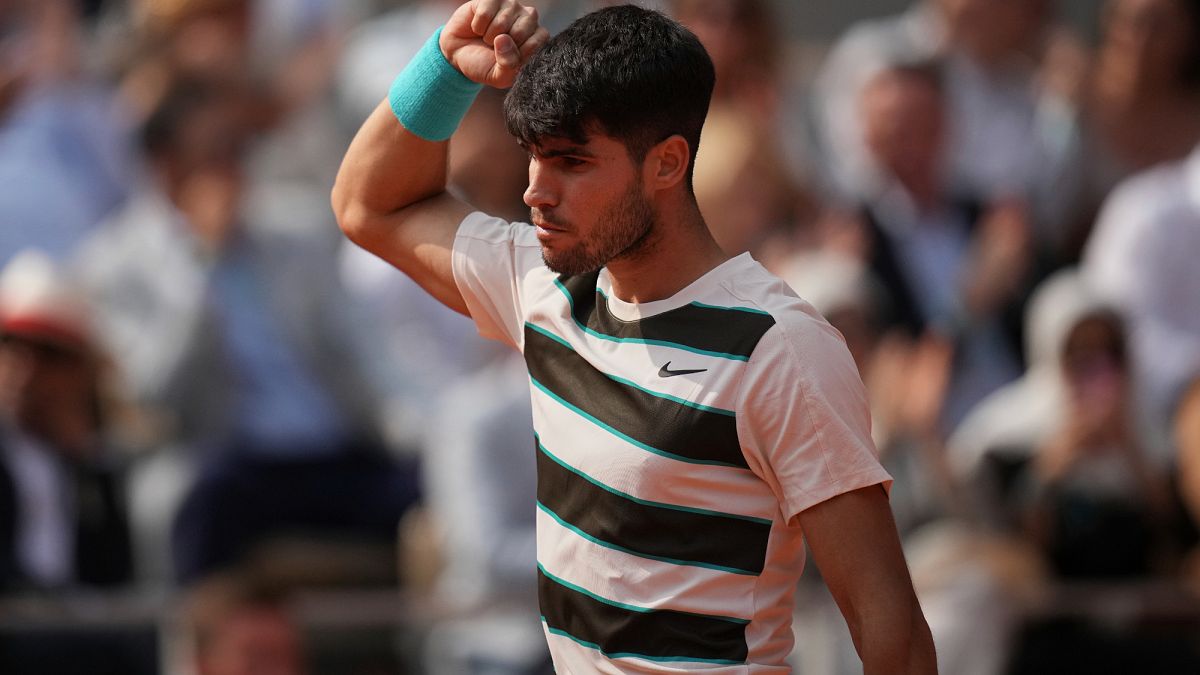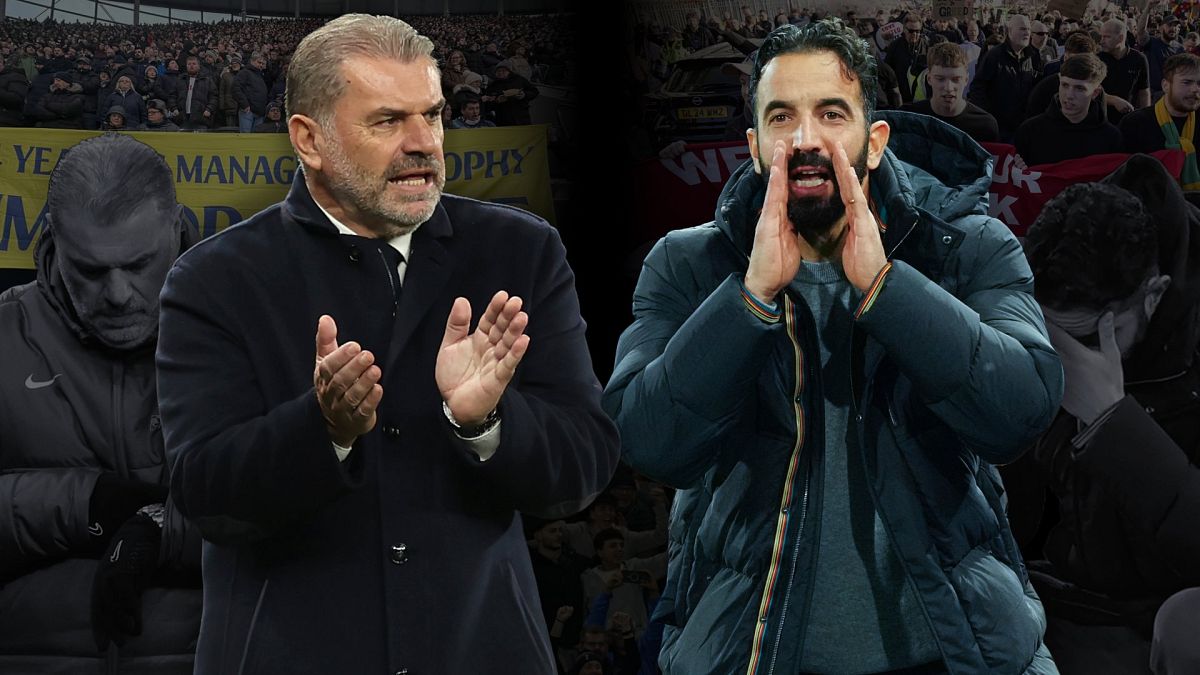The simmering migrant crisis at the French-Italian border

What happens at Italy’s western door to northern Europe when migration crises put EU external borders under pressure? Monica Pinna went to Ventimiglia, at the French-Italian border, to take the pulse of this historic migrant runway.
The Italian town of Ventimiglia, some eight kilometres away from the border with France, has been the background of a constant migration crisis for the last eight years.
In 2015, France reintroduced internal border controls, systematically turning Ventimiglia into a bottleneck for migrants trying to reach Northern European countries.
According to Schengen rules, the measure should be “exceptional” and strictly “limited in time.” The French government said the measure was put in place in response to the “threat of terrorism”.
The European Court of Justice stated in September that pushbacks are illegal. They breach the EU’s rules on migrant returns – says the EU’s top Court – as the person concerned should “be granted a certain period of time to voluntarily leave the territory.”
Once a week, Filippo, a retired builder, drives families rejected by the French police back to the station of Ventimiglia.
“The last 15 kilometres are a psychological and moral violence, especially on the part of Europe towards people who now cannot go back”, he says. Filippo’s passengers will try again to reach France looking for a job, for their family or on the way to another northern country. Filippo shows them alternative ways to continue their journey.
Around 40,000 migrants have been sent back to Italy this year. Associations say that sooner or later, 90% of migrants manage to leave and that tougher controls only make the crossing more dangerous. Since 2015 around 50 migrants have lost their lives attempting to cross the border.
“It is a continuous and silent massacre that obviously doesn’t have the proportions of the one in the Mediterranean Sea, but which unfortunately takes place in the centre of Europe”, states Jacopo Colomba, Legal advisor for the ONG WeWorld.
Watch Monica Pinna’s full report in the video player above.
Source: Euro News














